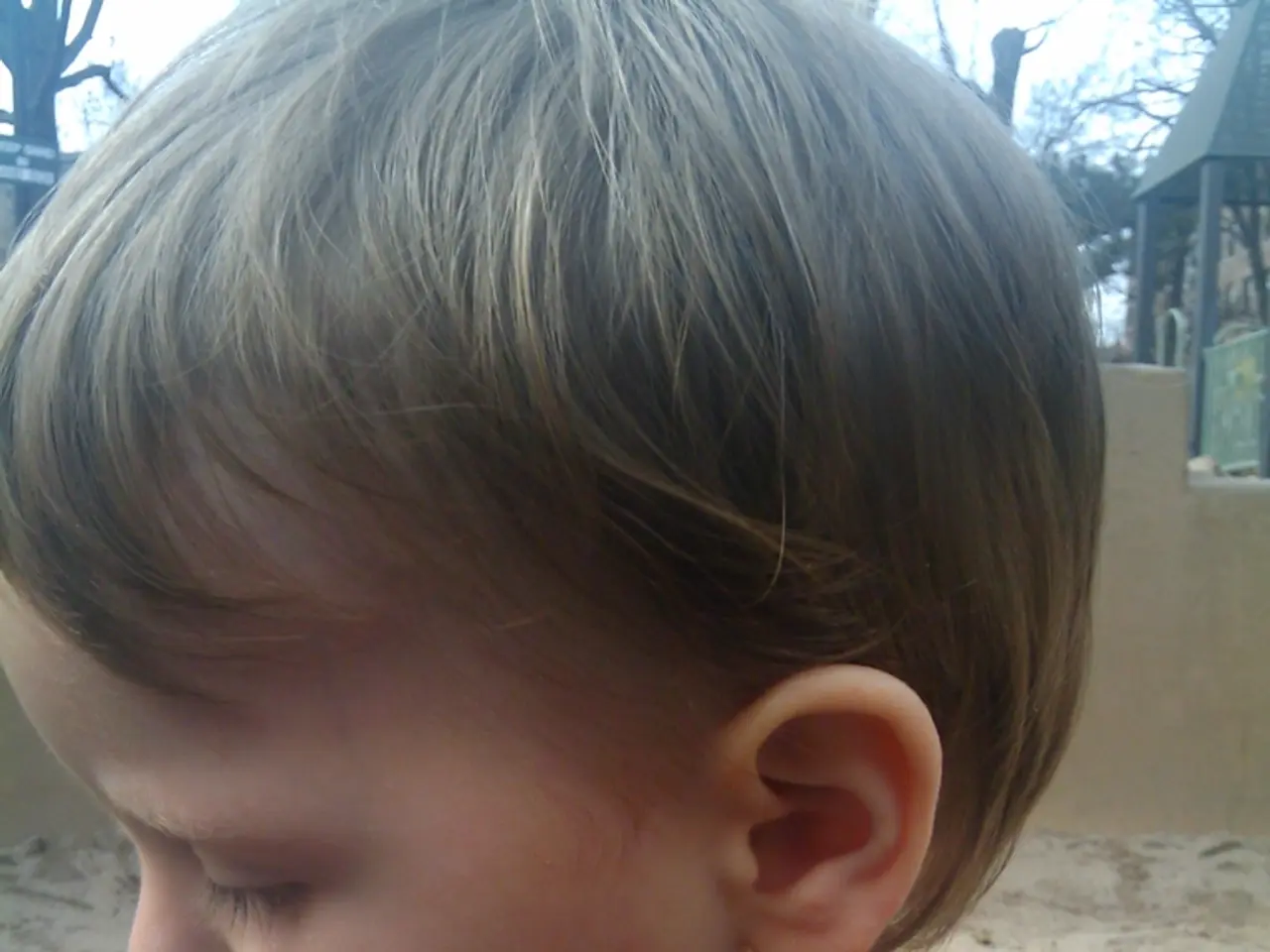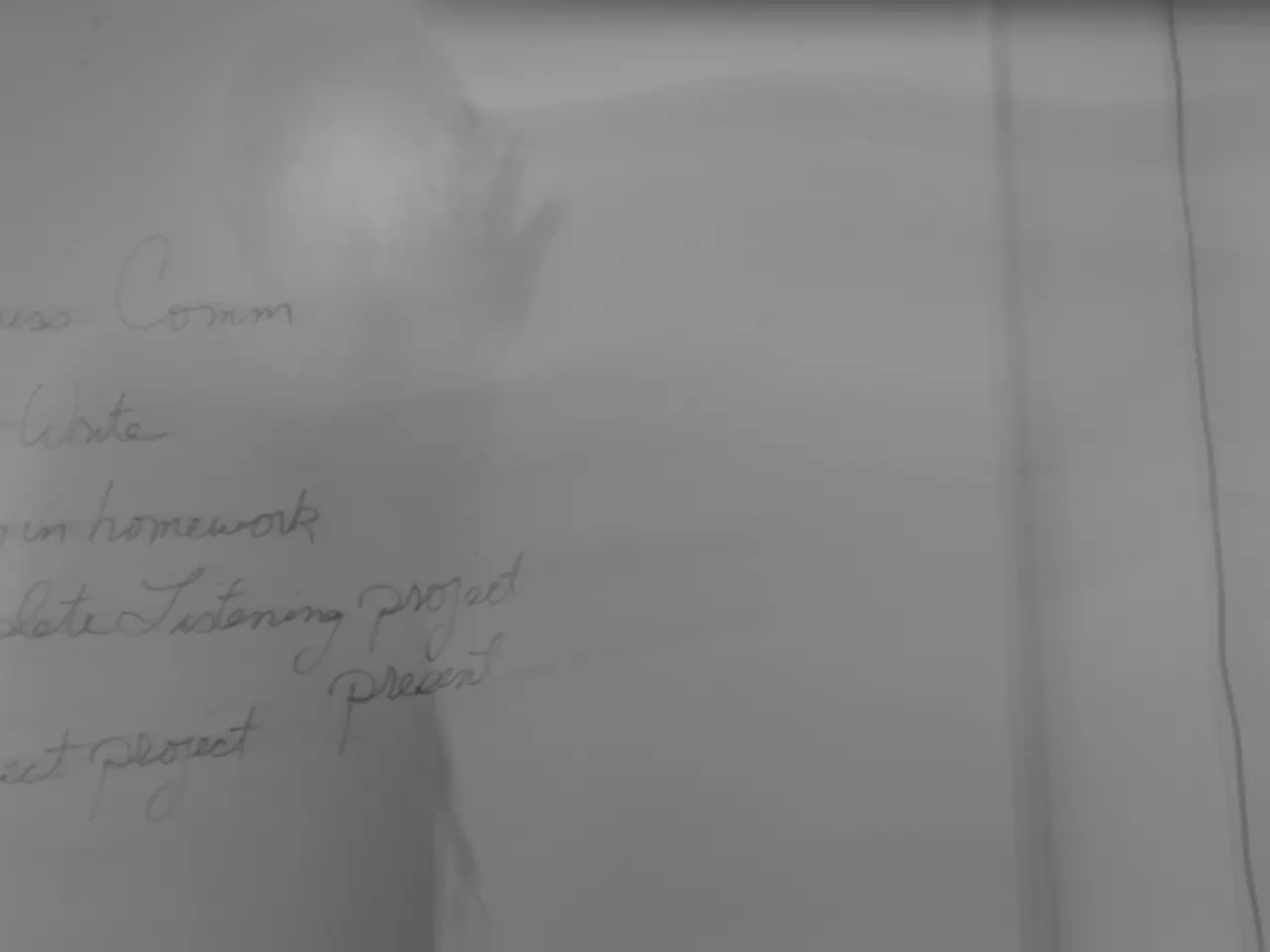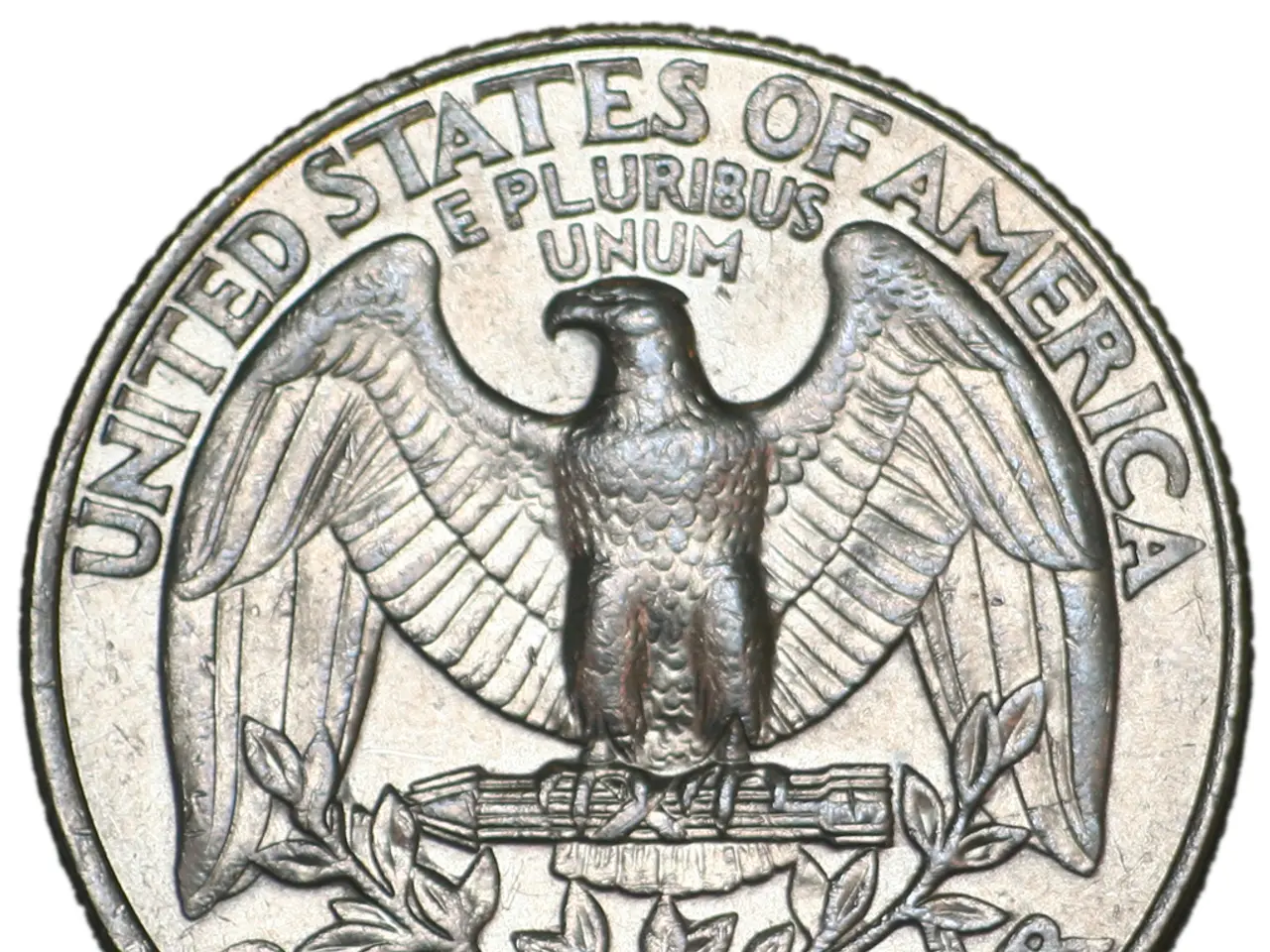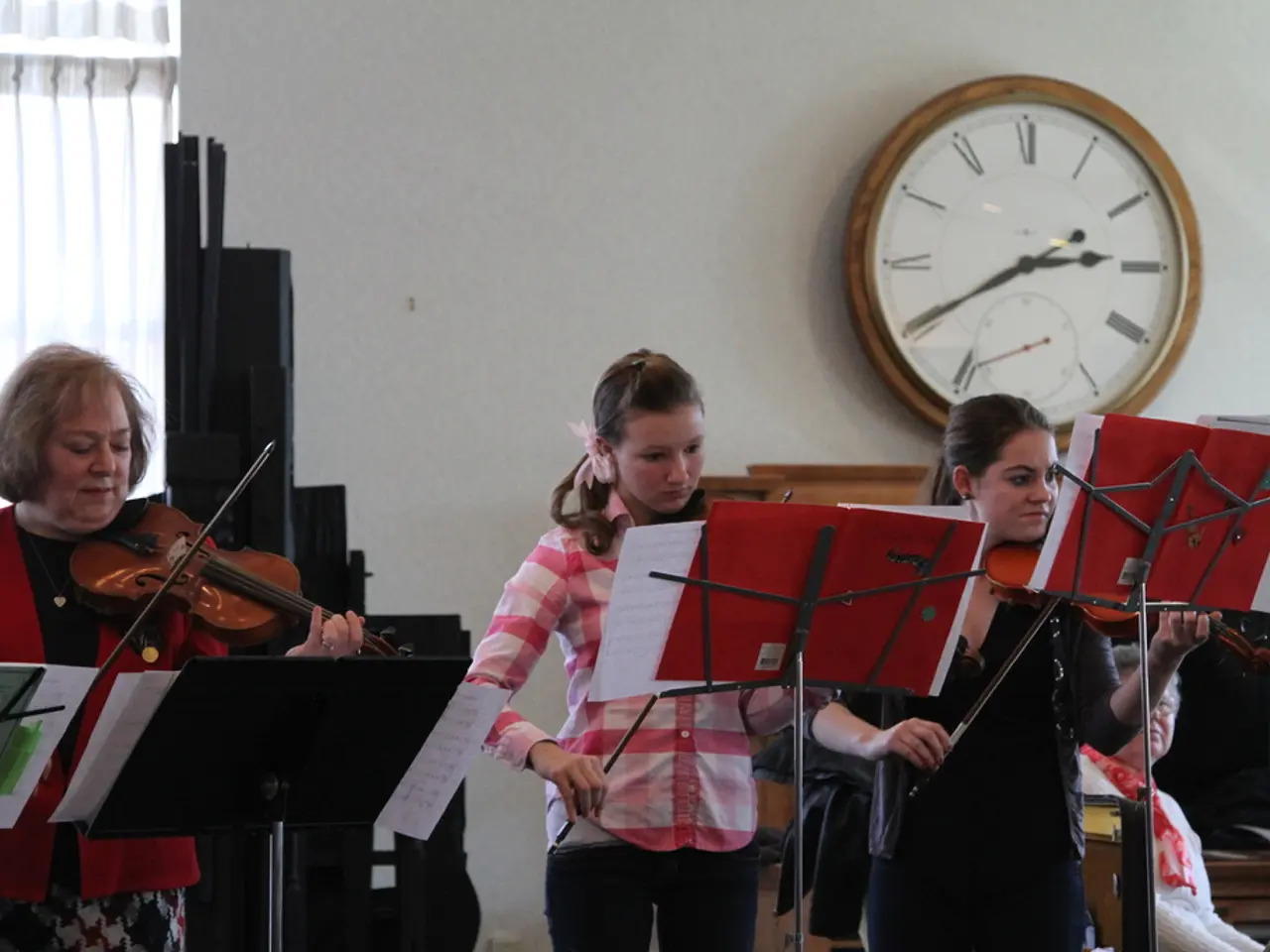Important Achievements in Early Childhood Development That Carry Significance
Every parent wants the best for their child, and understanding the typical developmental milestones can help provide the right support at each stage. From infancy through age four, children progress across physical, cognitive, language, social, and emotional domains. Here's a breakdown of what to expect and how to help your child thrive.
**Infants (Birth to 12 months):**
Infants develop rapidly in their first year, gaining head control, rolling over, sitting without support, and possibly beginning to crawl or walk near 12 months. They show curiosity by reaching for objects, recognising familiar people, and responding to their name. At this stage, talking, reading, singing to the baby, and providing safe opportunities to explore and interact are key to supporting growth.
**Toddlers (Around 13 to 18 months):**
Toddlers walk independently, climb on furniture, use a spoon, scribble, and throw small balls. They understand simple commands, recognise object uses, and play with toys with purpose. Toddlers use basic words to communicate needs, and it's essential to encourage exploration safely, name objects and actions during play, and provide opportunities for movement and interactive play like rolling a ball or sorting objects by colour.
**Twos (Around 24 months):**
Twos walk upstairs with help, start jumping, improve fine motor skills, engage in pretend play, and recognise familiar people and objects. Their vocabulary expands to 50–100 words, and they speak more clearly, beginning to form simple two-word sentences. To support their development, reading regularly, encouraging pretend play, modelling language, and providing opportunities for interaction with peers are crucial.
**Threes:**
Threes demonstrate improved balance and coordination, able to pedal a tricycle, dress with assistance, and understand concepts such as counting or shapes. They follow two- to three-step instructions and use full sentences, ask questions, and tell simple stories. To support their growth, encourage imaginative play, support problem-solving, read books together, and talk about emotions to build social skills.
**Fours (4 years):**
Fours run smoothly, catch a ball, use scissors with increasing precision, draw shapes and simple figures, and speak in complex sentences. They understand number concepts up to 10, recognise letters and perhaps write their name, ask thoughtful questions, and make logical connections. To support their development, offer activities that develop coordination and fine motor skills, engage in storytelling and conversations, encourage group play, and explore early literacy and numeracy through games and books.
Across all stages, maintaining a safe environment to explore, talking and reading regularly, encouraging physical activity, playing interactively, and showing affection and responsiveness to their child’s needs are essential for supporting growth. Developmental timelines can vary widely between children; however, monitoring milestones and consulting pediatricians if significant delays occur is important.
Programmes like BBMA's offer age-appropriate environments and activities for each stage, fostering cognitive, physical, social, and emotional development. By understanding these milestones and providing the right support, parents can help their children reach their full potential.
- Embracing a holistic approach to parenting, parent communication about child development during the infancy stage involves talking, reading, and singing to the baby, while ensuring safe opportunities for exploration.
- As children transition into preschool age, it's crucial to offer activities that develop coordination and fine motor skills, engage in storytelling, and encourage group play to support early literacy and numeracy development.
- Understanding the importance of health-and-wellness and lifestyle routines, parents can help promote child development by encouraging physical activity and providing a safe environment for exploration and play.
- To further aid child development, education-and-self-development resources, such as programmes like BBMA, offer age-appropriate environments and activities that foster cognitive, physical, social, and emotional development.




